Optimal Timing for Sunroom Installations
Sunroom installations can be scheduled throughout the year, but certain seasons may offer advantages depending on the climate and project scope. Understanding optimal timing can help ensure quality, efficiency, and satisfaction with the final result.
Spring offers moderate weather conditions, reducing delays caused by extreme temperatures or precipitation. This season allows for efficient construction and timely completion.
Summer provides longer daylight hours and warmer temperatures, ideal for certain construction phases. However, high heat and humidity may impact material handling and curing times.
Fall can be an optimal time for installation, with cooler temperatures and less rain. Planning ahead ensures completion before winter weather sets in.
Winter installations are possible but may face delays due to cold weather, snow, and shorter daylight hours. Proper planning and winterization techniques are essential.
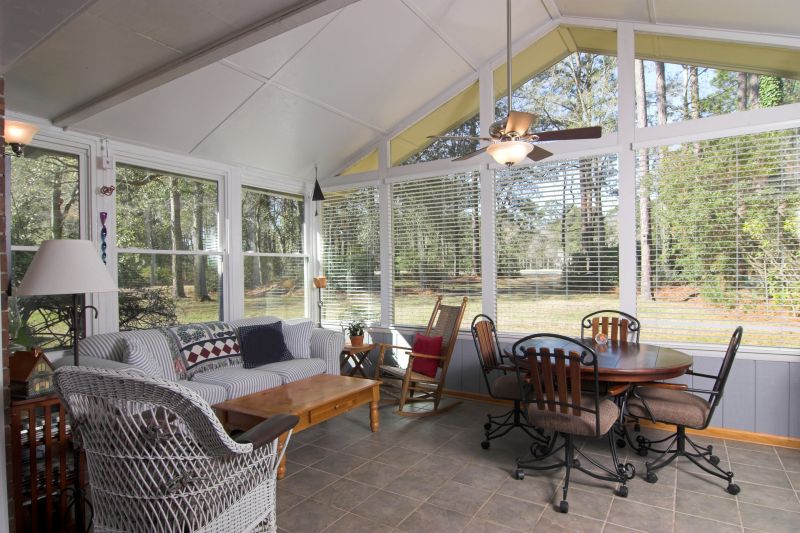
Ways to make Sunroom Installations work in tight or awkward layouts.
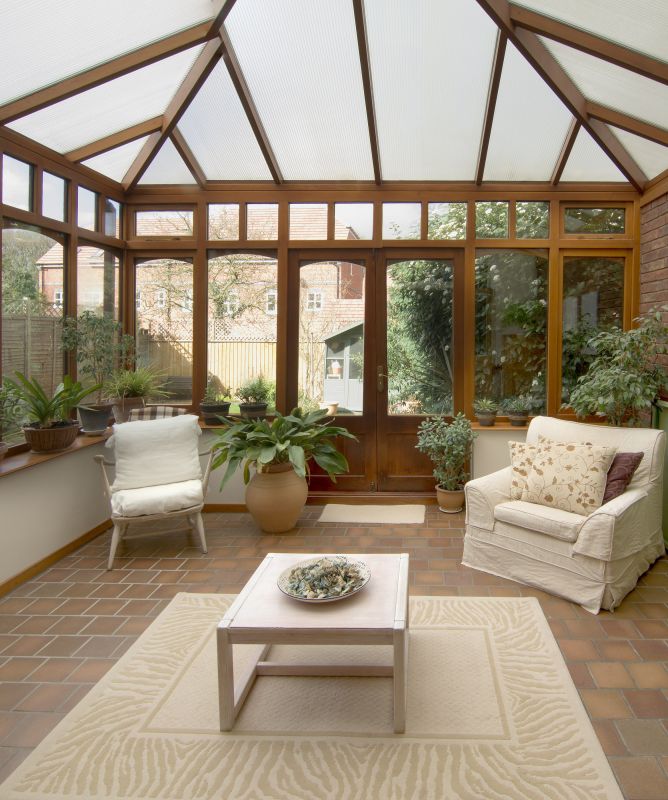
Popular materials for Sunroom Installations and why they hold up over time.
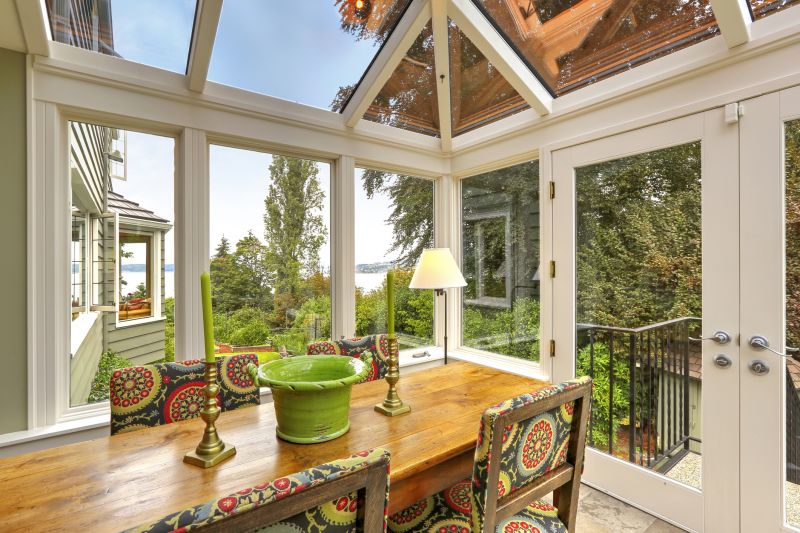
Simple add-ons that improve Sunroom Installations without blowing the budget.

High-end options that actually feel worth it for Sunroom Installations.
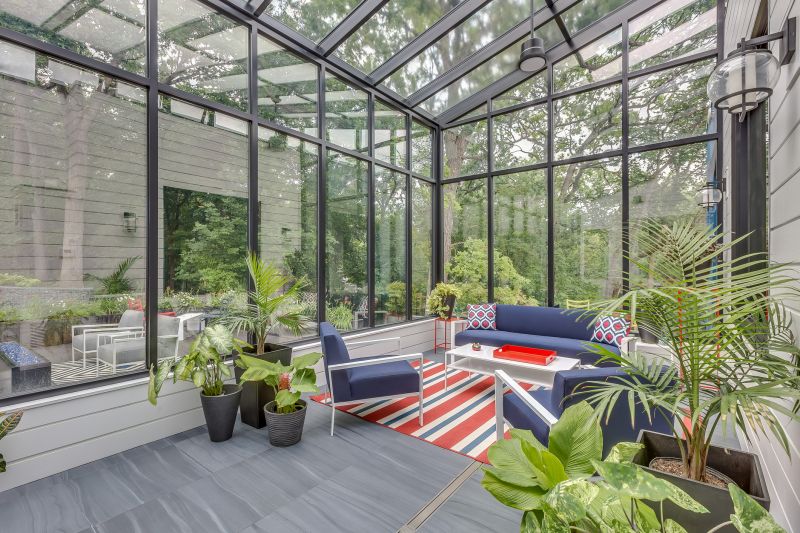
Finishes and colors that play nicely with Sunroom Installations.
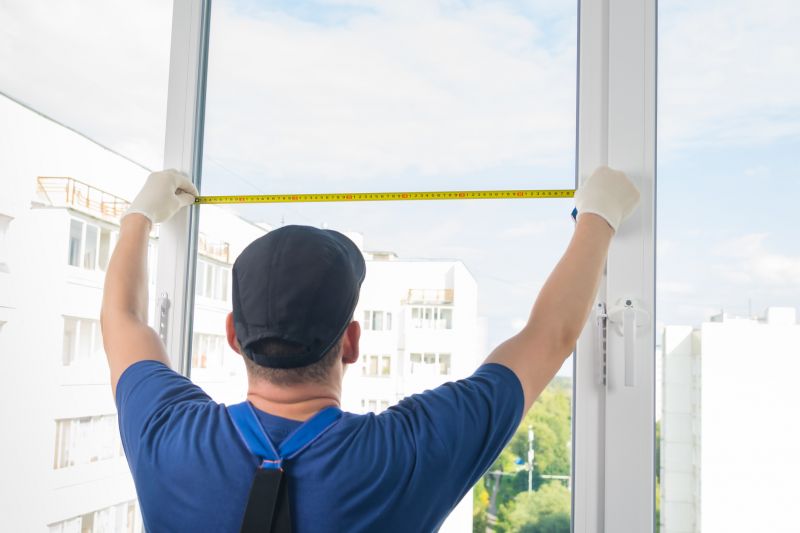
Little measurements that prevent headaches on Sunroom Installations day.
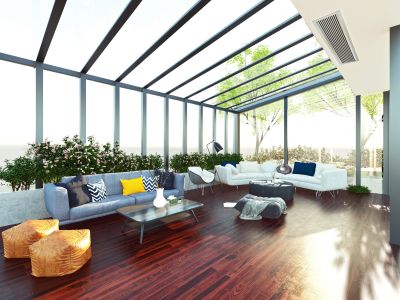
A 60-second routine that keeps Sunroom Installations looking new.
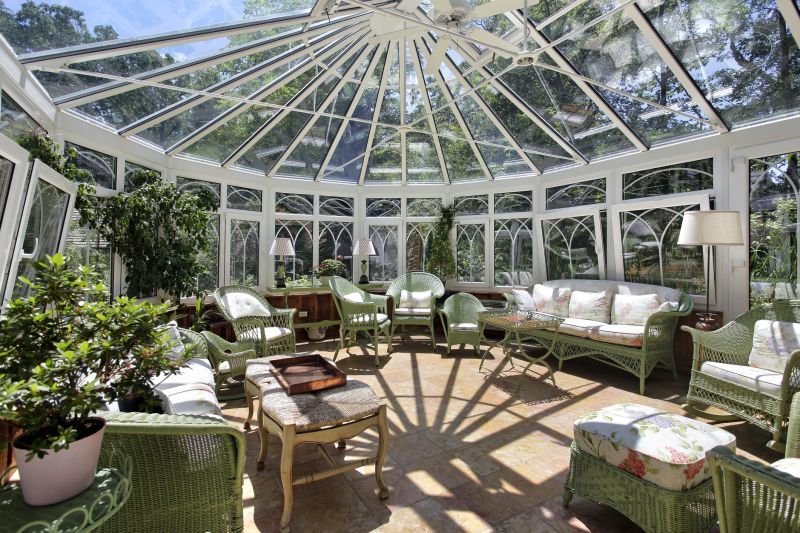
A frequent mistake in Sunroom Installations and how to dodge it.
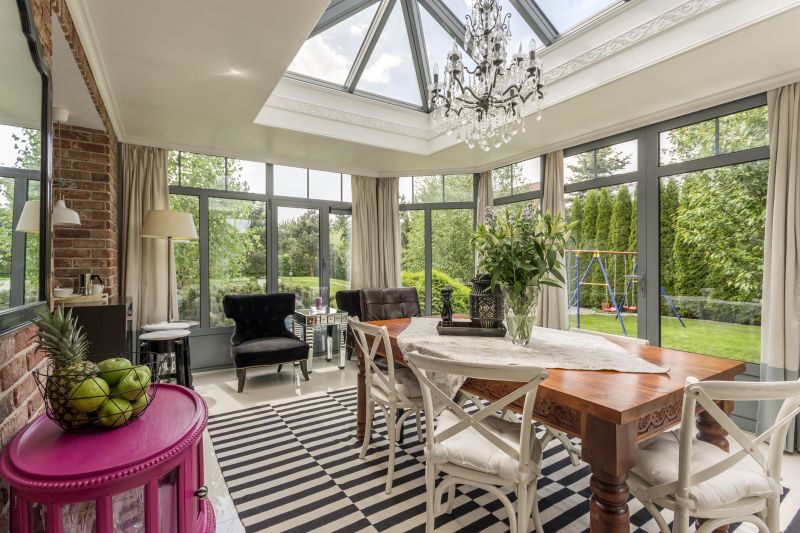
Small tweaks to make Sunroom Installations safer and easier to use.
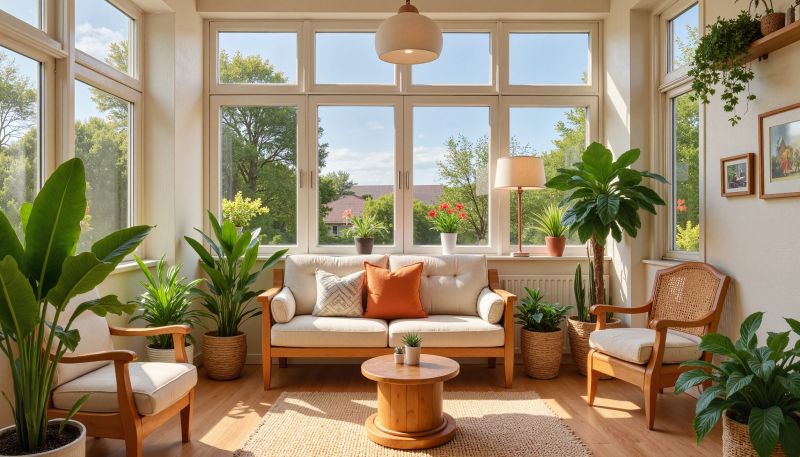
Lower-waste or water-saving choices for Sunroom Installations.
| Season | Advantages |
|---|---|
| Spring | Moderate weather, longer days, ideal for construction |
| Summer | Longer daylight hours, warmer temperatures, faster curing |
| Fall | Cooler temperatures, less rain, timely completion before winter |
| Winter | Potential delays due to cold, snow, and shorter days |
Sunroom installations involve careful planning and execution to maximize natural light and energy efficiency. Proper timing ensures that the project proceeds smoothly, with minimal weather-related interruptions. Seasonal considerations are especially important in Ohio, where temperature fluctuations and precipitation levels vary significantly throughout the year.

